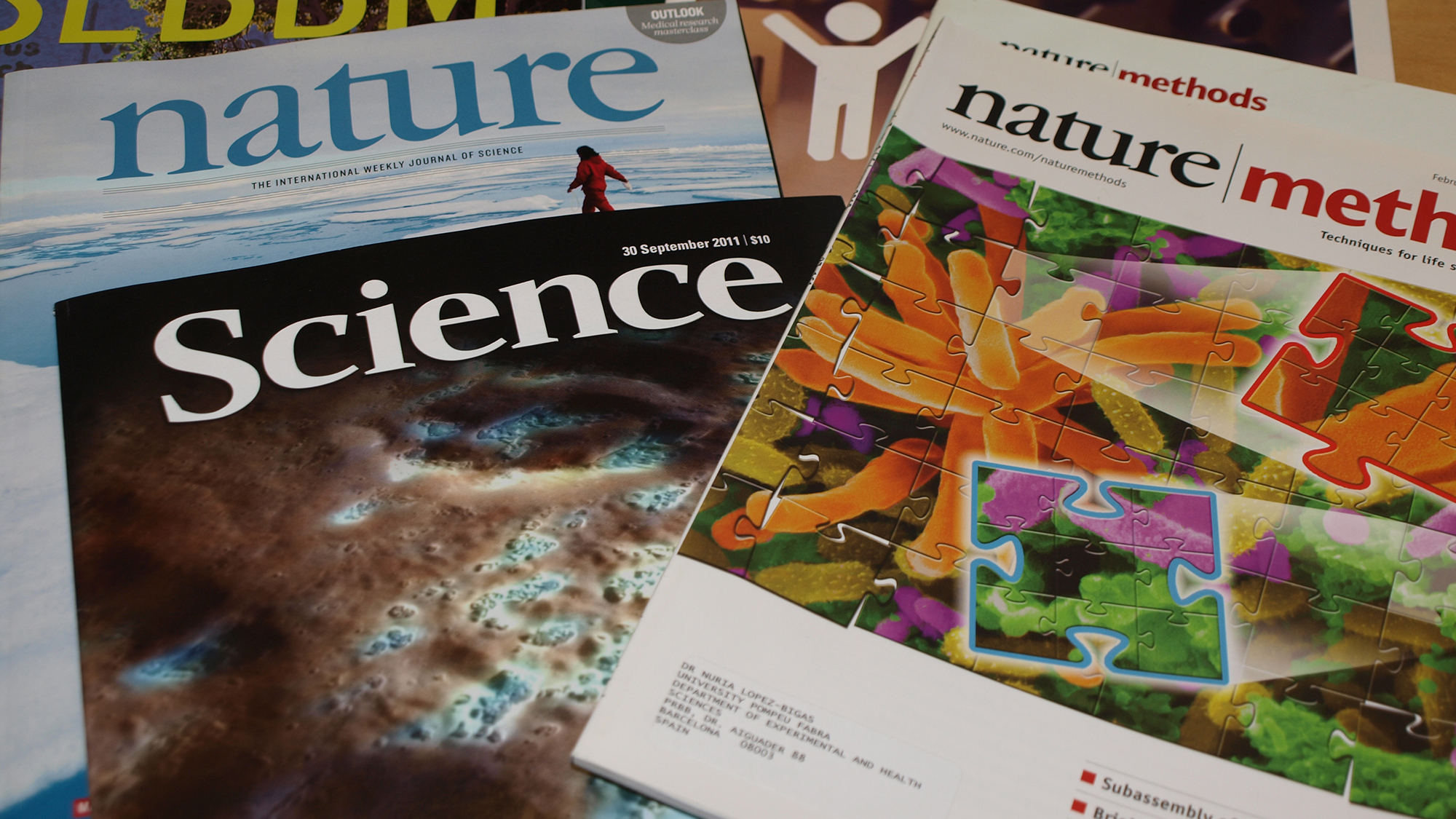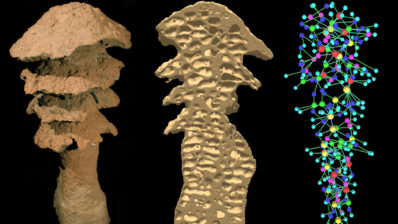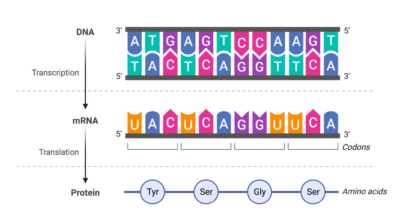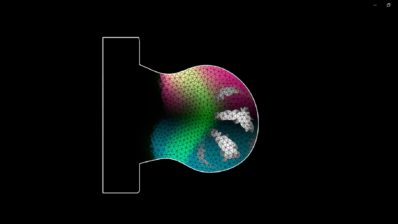Publishing scientific results is an essential part of research. It allows researchers around the world to be up to date with new findings in their field and lets science progress globally. There are hundreds of scientific journals, with Nature and Science taking the lead.
But publishing is not easy. Researchers must express their work in writing in a very specific format including:
- an introduction to previous knowledge of the topic
- the results
- a discussion on what the findings might mean
- a conclusion
In addition, all journals require a section on materials and methods, where details of the experiments undertaken and resources used must be presented. This is especially important as it enables other researchers to replicate the experiments.
With the current ‘peer review‘ system, once the editor of the journal receives the article they look for two or three external experts to review it for free, and anonymously. They must check that the experiments were done correctly, the conclusions are sound and realistic, and that the findings represent a real advance in the field. The experts, in general, are also active researchers. In this way, scientists monitor and correct each other.
There are inherent difficulties with this system. Can researchers who are potential competitors of the authors be truly objective? The problem is that, in scientific research, only researchers working in the same field are capable of evaluating an article. The good news is that all scientists in the world are in the same boat: all are, at some time, authors and reviewers. Therefore, although the ‘peer review’ system is not perfect, it is the best we have – so far.
In recent years, many alternatives to the traditional system of academic publishing have been tried out: from open access journals such as PLOS or the BMC series to a transparent peer review, in which the reviewers’ reports and their names are published together with the original research article – for examples, in eLife or F1000Research. At a time when open science is in crescendo throughout Europe, we will surely see many new initiatives in this field.







